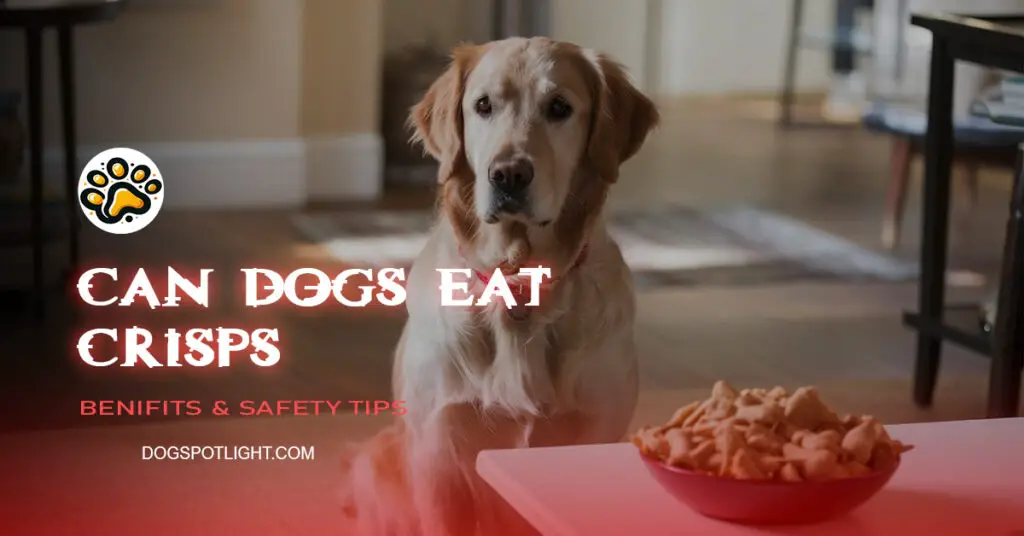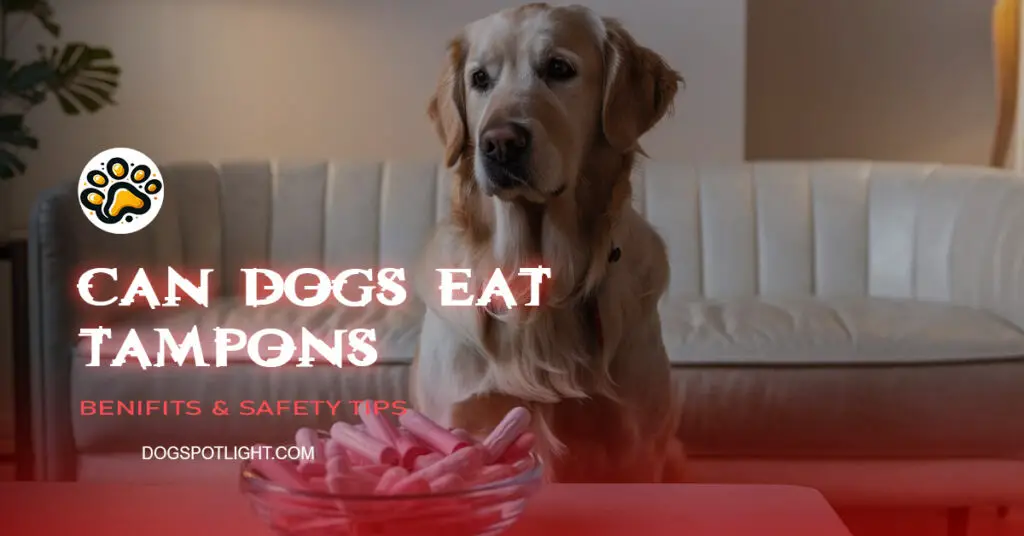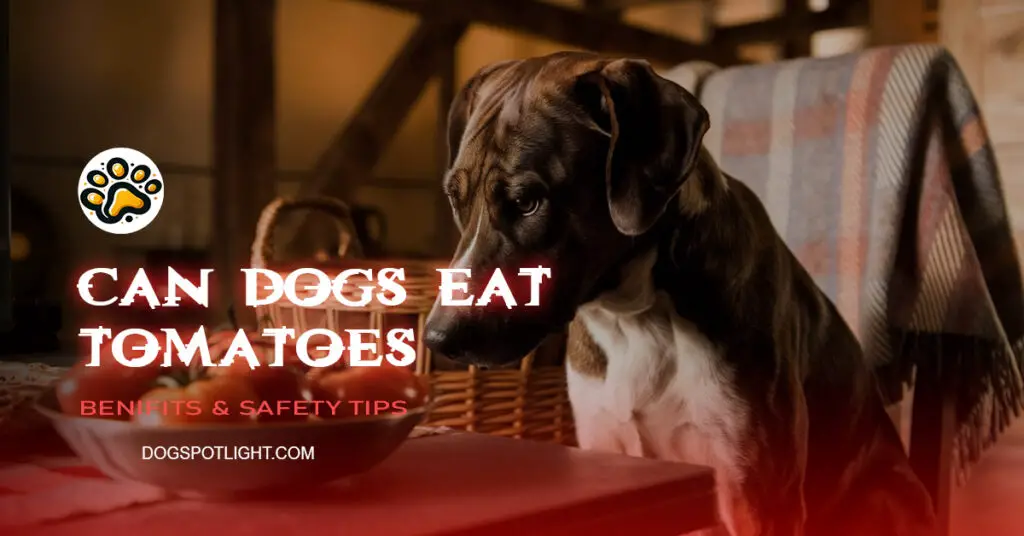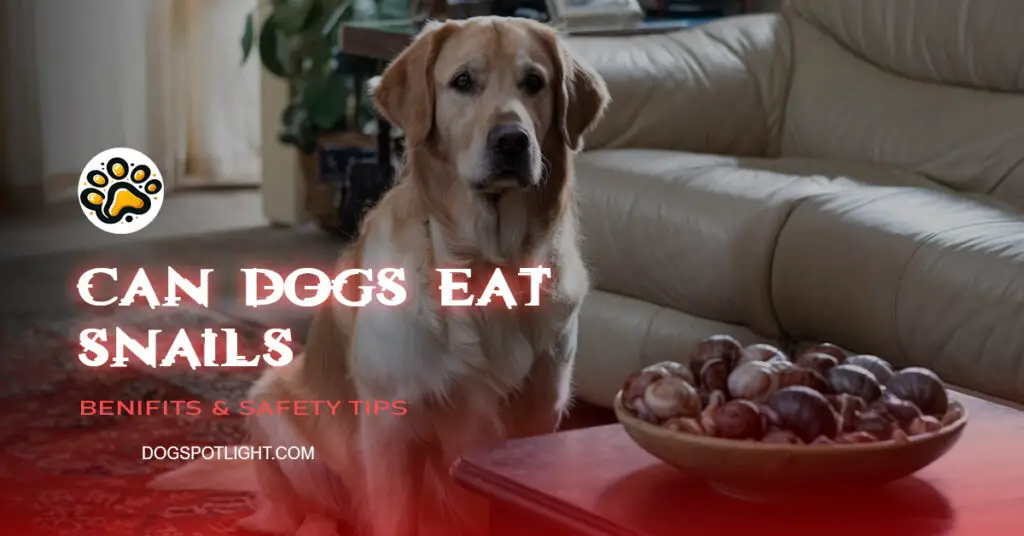Introduction
Bacon grease is a byproduct many households end up with after cooking bacon, but is it safe for your dog? While dogs are often tempted by the smell and taste of bacon grease, it’s important for pet owners to understand the potential health risks before offering it as a treat. With its high fat and sodium content, bacon grease can lead to serious health issues for dogs if not handled carefully. In this article, we’ll explore whether dogs can eat bacon grease, the associated benefits and risks, and safer alternatives for your furry friend.
can Dogs Eat bacon grease?
No, dogs should not eat bacon grease. While a small amount may not cause immediate harm, bacon grease is high in unhealthy fats and salt, which can lead to serious health issues like pancreatitis, obesity, and digestive problems in dogs. It’s best to avoid giving it to them.
Ingredients of Bacon Grease
Bacon grease primarily consists of animal fat, along with small amounts of sodium, nitrates, and flavoring compounds from the cooking process. It’s a concentrated source of fat, which makes it flavorful but also potentially harmful, especially in large quantities.
Can Dogs Eat Bacon Grease?
Dogs should not eat bacon grease. While a small lick might not cause immediate harm, bacon grease is not suitable for dogs as part of their regular diet. Its high fat content can lead to various health problems.
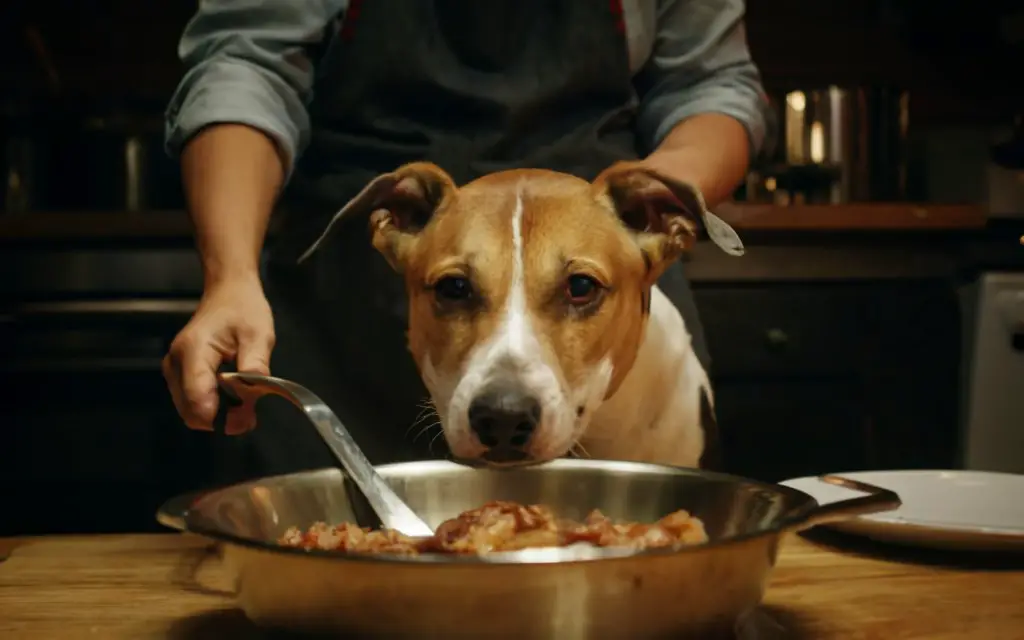
Is Bacon Grease Good for Dogs?
Bacon grease is not considered healthy for dogs. While fats are necessary in a dog’s diet for energy, bacon grease contains unhealthy fats that can cause digestive issues and long-term health concerns.
Is Bacon Grease Bad for Dogs?
Yes, bacon grease is bad for dogs, particularly because of its high-fat content, which can lead to conditions like pancreatitis, obesity, and heart issues. Additionally, the salt content in bacon grease can be harmful to dogs, potentially leading to dehydration, kidney problems, or even salt poisoning if consumed in large amounts.
Is Bacon Grease OK for Dogs?
In small quantities, bacon grease might not cause severe harm, but it’s still not recommended. Even occasional consumption can lead to health problems over time, especially if your dog is prone to digestive issues.
Nutritional value of bacon grease for dogs
| Nutrient | Unit | Amount per 100g |
| Energy | kcal | 884 |
| Protein | g | 0.5 |
| Fat | g | 98.8 |
| Saturated Fat | g | 38.3 |
| Omega-3 Fatty Acids | mg | 1.4 |
| Omega-6 Fatty Acids | mg | 10.5 |
| Cholesterol | mg | 45 |
| Vitamin A | IU | 100 |
| Vitamin D | IU | 0 |
| Calcium | mg | 1 |
| Phosphorus | mg | 4 |
| Sodium | mg | 37 |
| Potassium | mg | 6 |
Benefits of Bacon Grease for Dogs
While bacon grease is not recommended, some pet owners might believe there are a few potential benefits in small amounts, such as:
- Improved taste: Bacon grease can make food more appetizing for picky eaters.
- Temporary energy boost: The high-fat content can provide quick energy, especially for active dogs.
However, these potential benefits are outweighed by the risks, making bacon grease an unsuitable choice for most dogs.
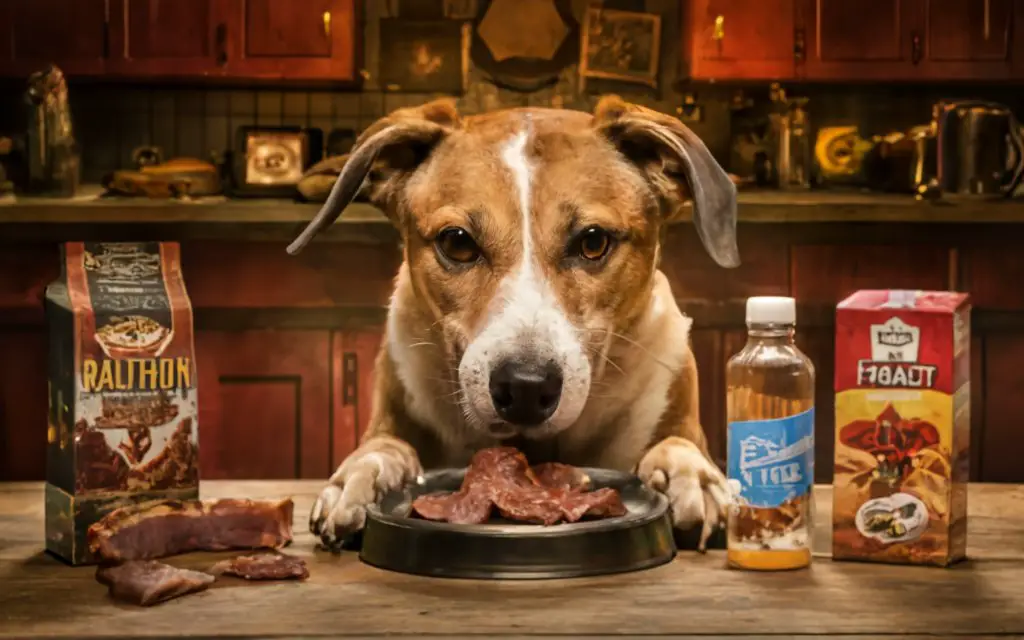
Risks of Bacon Grease for Dogs
Feeding bacon grease to your dog poses several risks, including:
- Pancreatitis: The high-fat content can cause inflammation of the pancreas, leading to severe abdominal pain, vomiting, and lethargy.
- Obesity: Regular consumption of fatty foods like bacon grease can cause unhealthy weight gain.
- Digestive issues: Too much fat can lead to diarrhea or vomiting in dogs.
- Heart problems: The unhealthy fats and high sodium can contribute to cardiovascular issues over time.
- Salt toxicity: Excessive sodium can be dangerous and lead to salt poisoning in severe cases.
Alternatives to Bacon Grease for Dogs
If you’re looking to add flavor or healthy fats to your dog’s diet, consider these safer alternatives:
- Coconut oil: Contains healthy fats that can improve coat condition and digestion.
- Olive oil: Another source of healthy fats that can benefit your dog’s overall health.
- Fish oil: Rich in Omega-3 fatty acids, fish oil supports healthy skin, joints, and heart function.
Can Dogs Eat Bacon Fat Raw or Cooked?
- Raw bacon fat: Feeding your dog raw bacon fat is dangerous due to the risk of bacteria like salmonella and parasites.
- Cooked bacon fat: Cooked fat is also not safe due to its high fat content and the risk of pancreatitis.
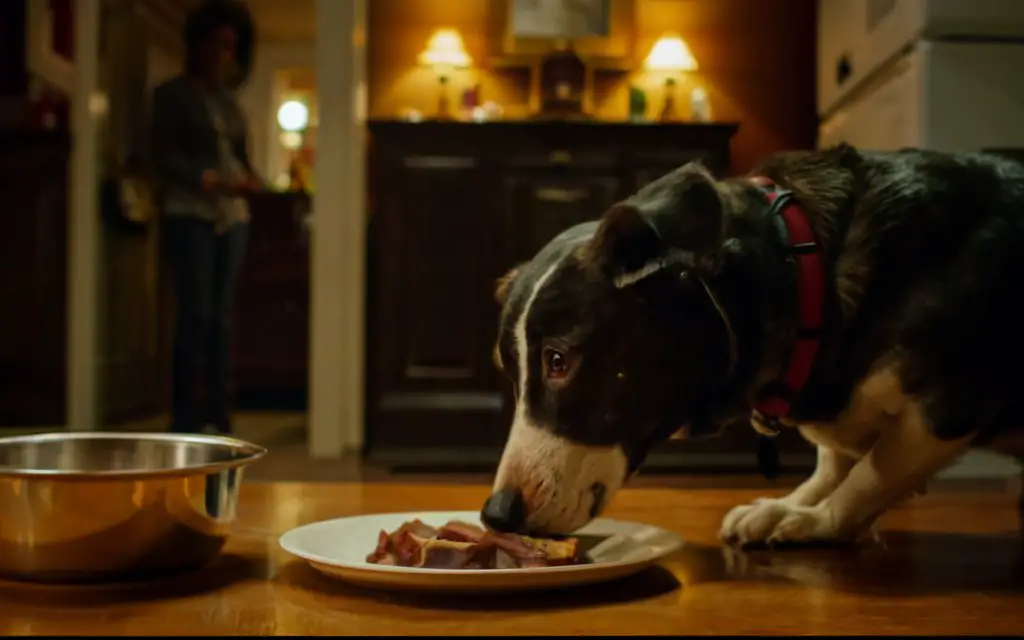
Can Dogs Eat Pork Grease?
Pork grease, similar to bacon grease, is high in fat and not recommended for dogs. Like bacon grease, pork grease can lead to digestive issues and more serious health concerns if consumed frequently.
How to Safely Feed Bacon Grease to Dogs (If Necessary)
If you must offer bacon grease to your dog, it should be done with extreme caution:
- Limit the quantity to less than a teaspoon.
- Mix with other healthy foods like vegetables or lean meats to balance out the fat content.
- Ensure it’s a rare treat and not a regular part of their diet.
What Should I Do If My Dog Eats Bacon Grease?
If your dog consumes bacon grease accidentally, monitor them closely for symptoms such as:
- Vomiting
- Diarrhea
- Lethargy
- Abdominal pain
If any of these symptoms appear, or if your dog consumes a large amount, contact your veterinarian immediately. Pancreatitis can be a life-threatening condition that requires prompt medical attention.
Pros
Cons
While bacon grease may seem like a tasty treat for dogs, its high fat and sodium content make it a risky option. The risks far outweigh any potential benefits, and there are much safer alternatives available. It’s best to avoid feeding bacon grease to your dog and opt for healthier fat sources like coconut or fish oil.


